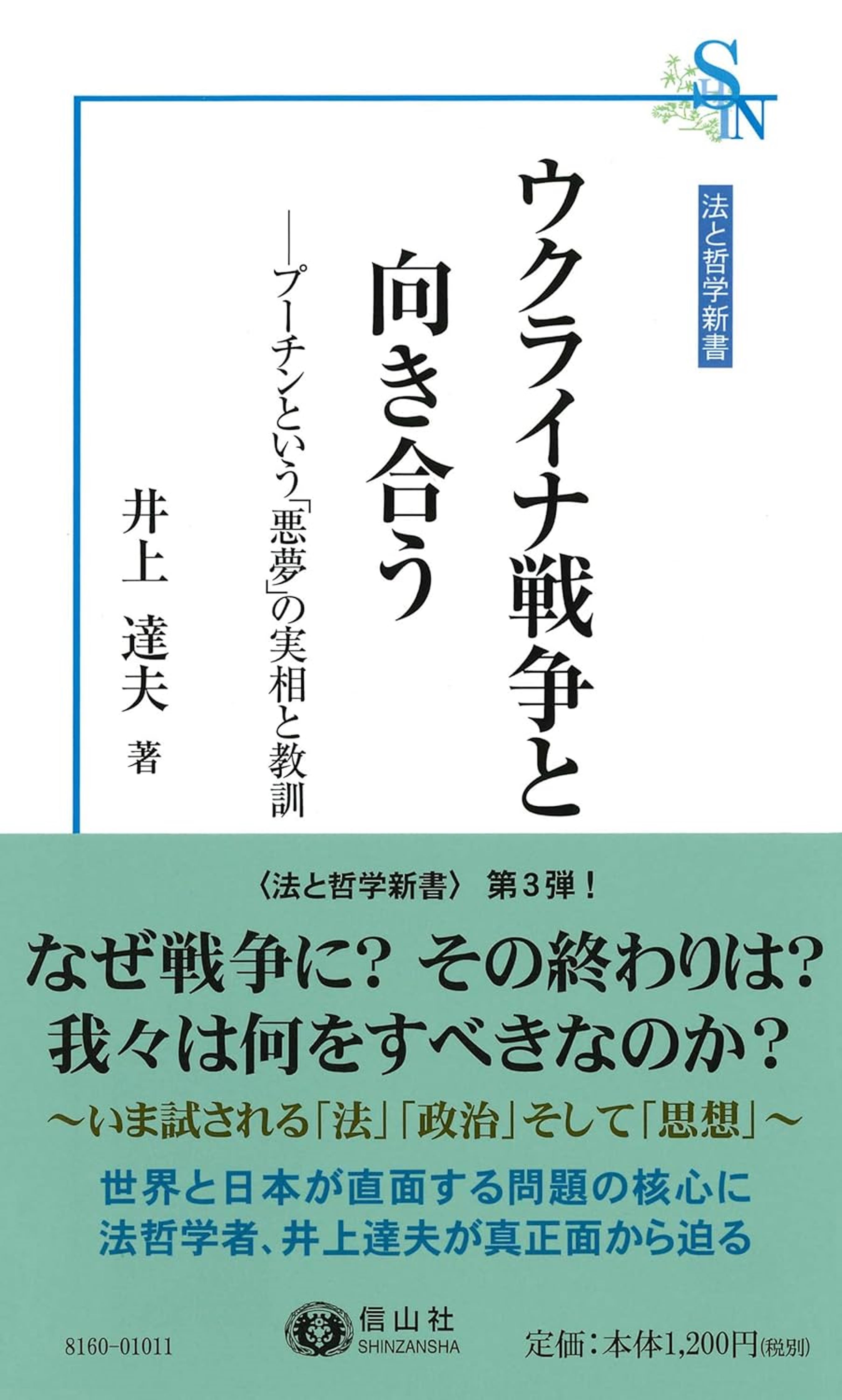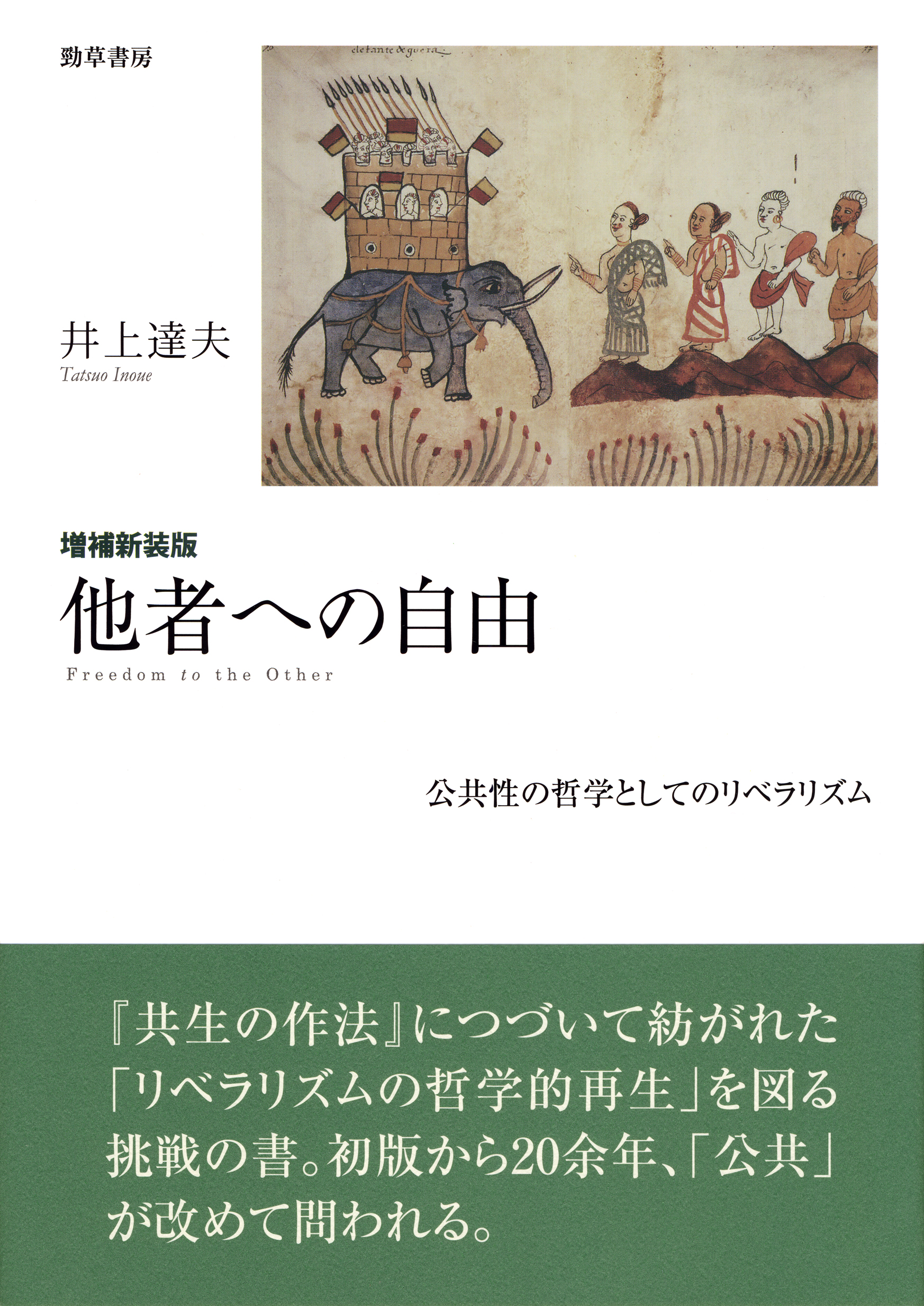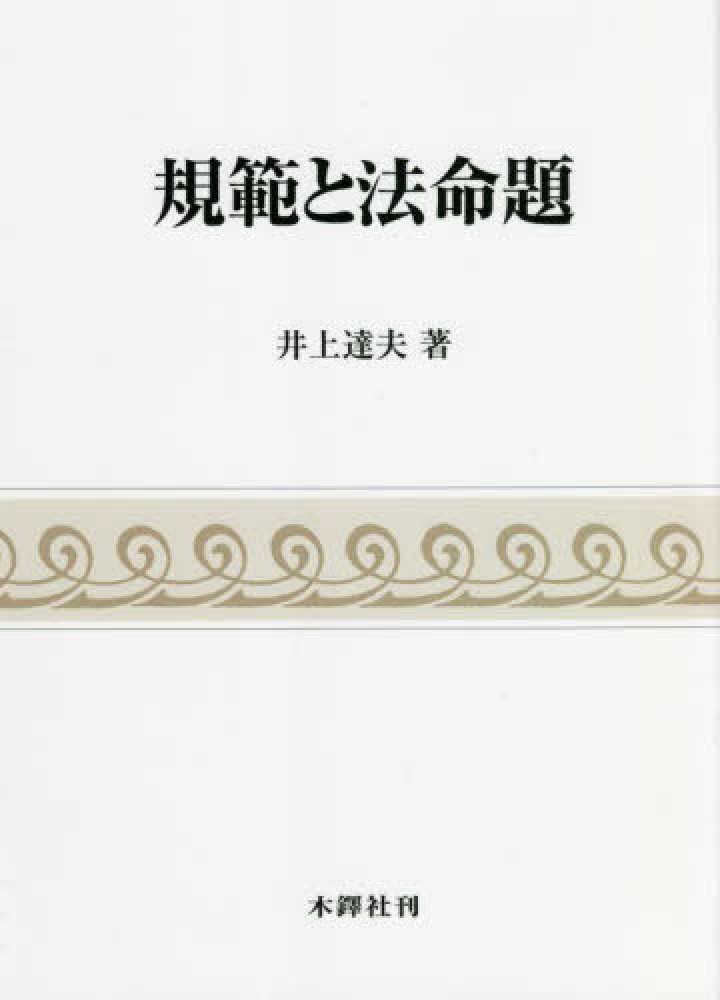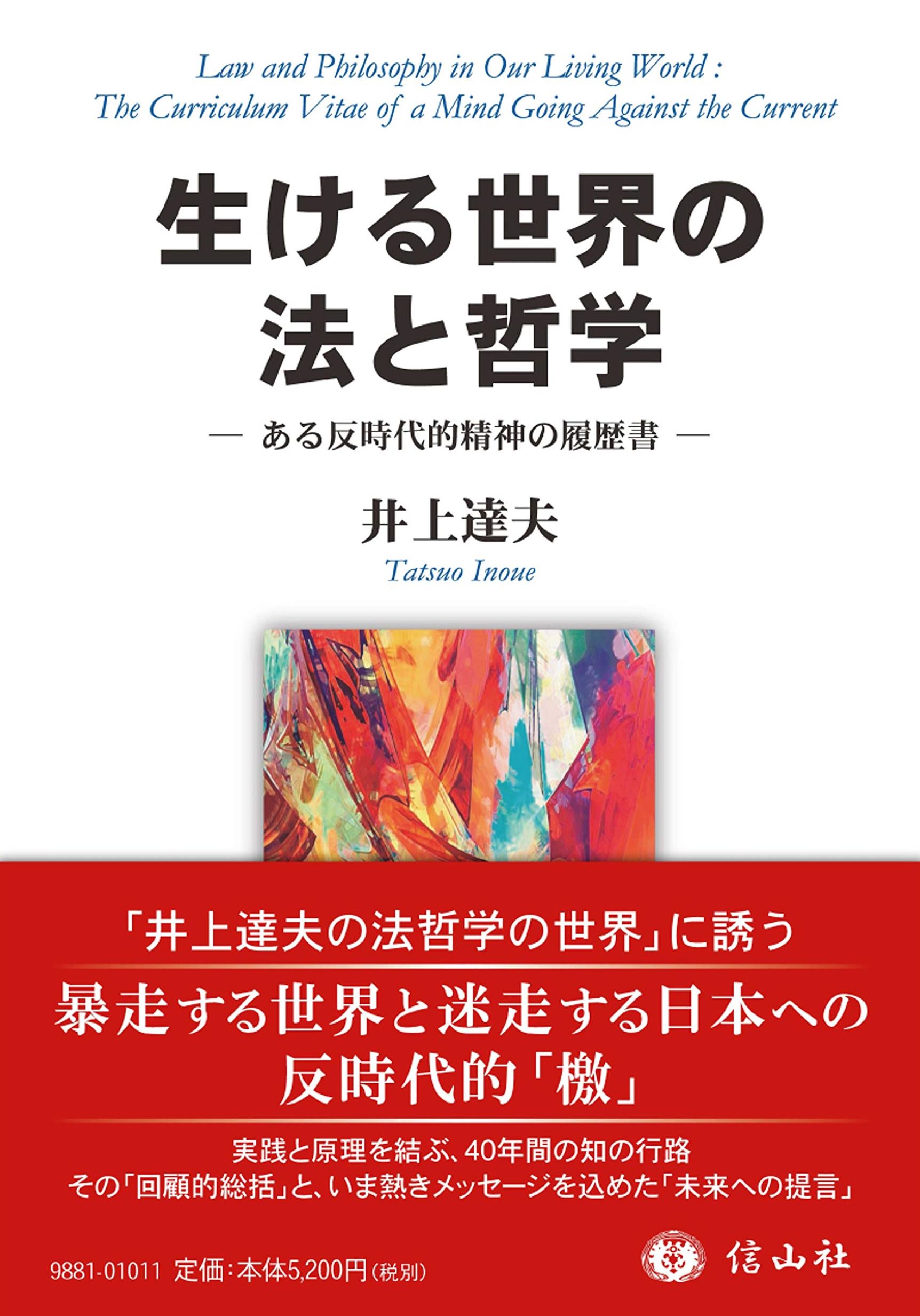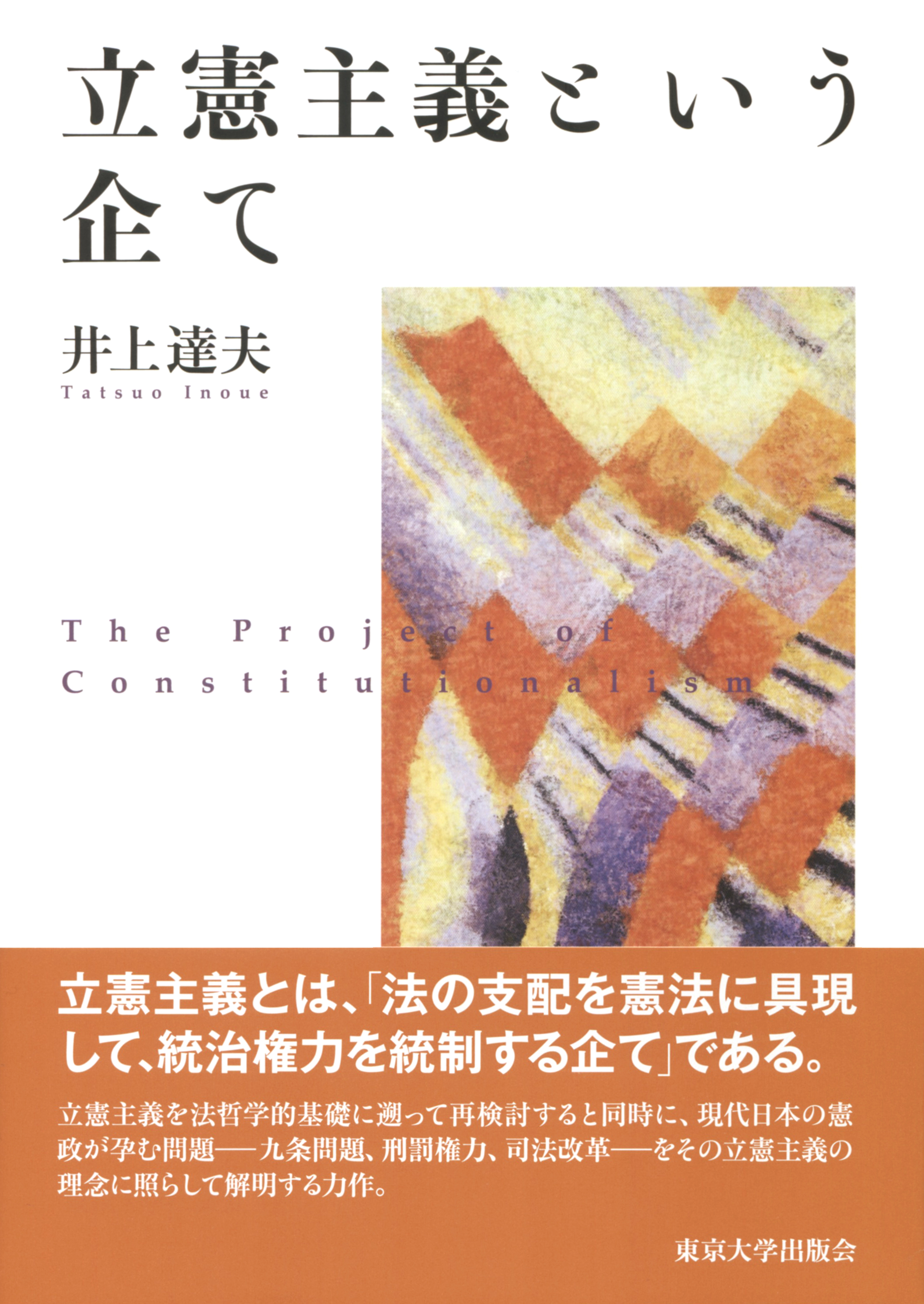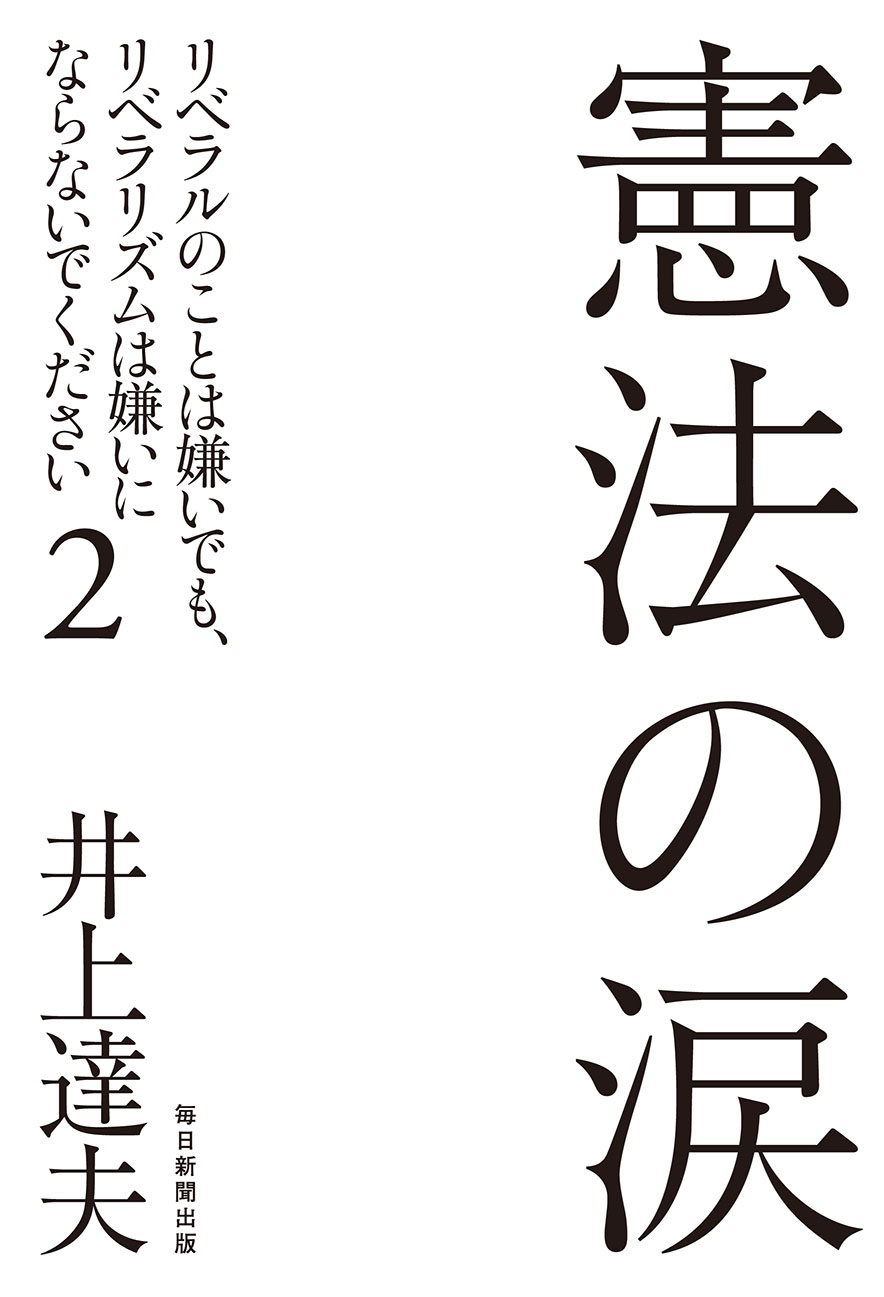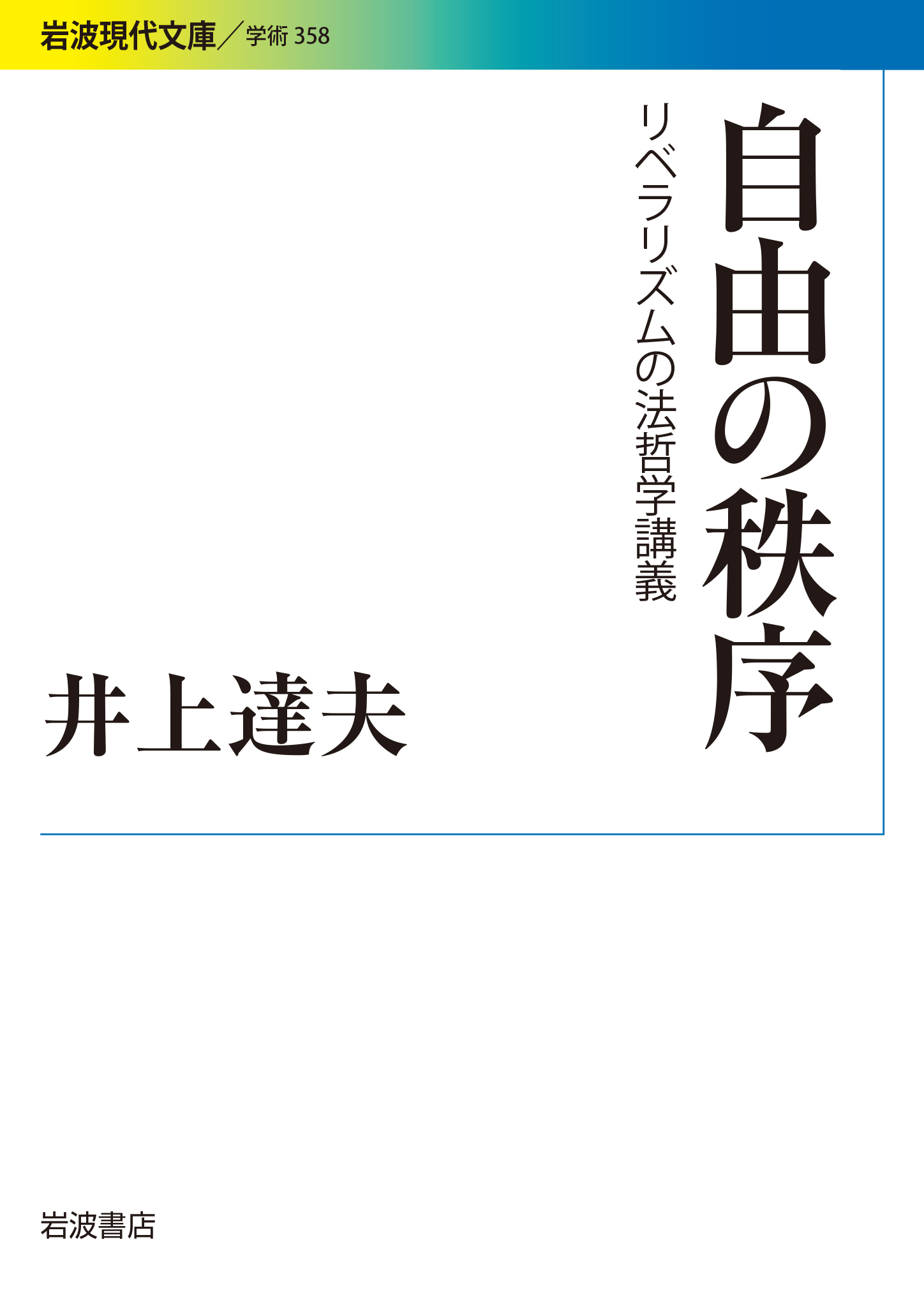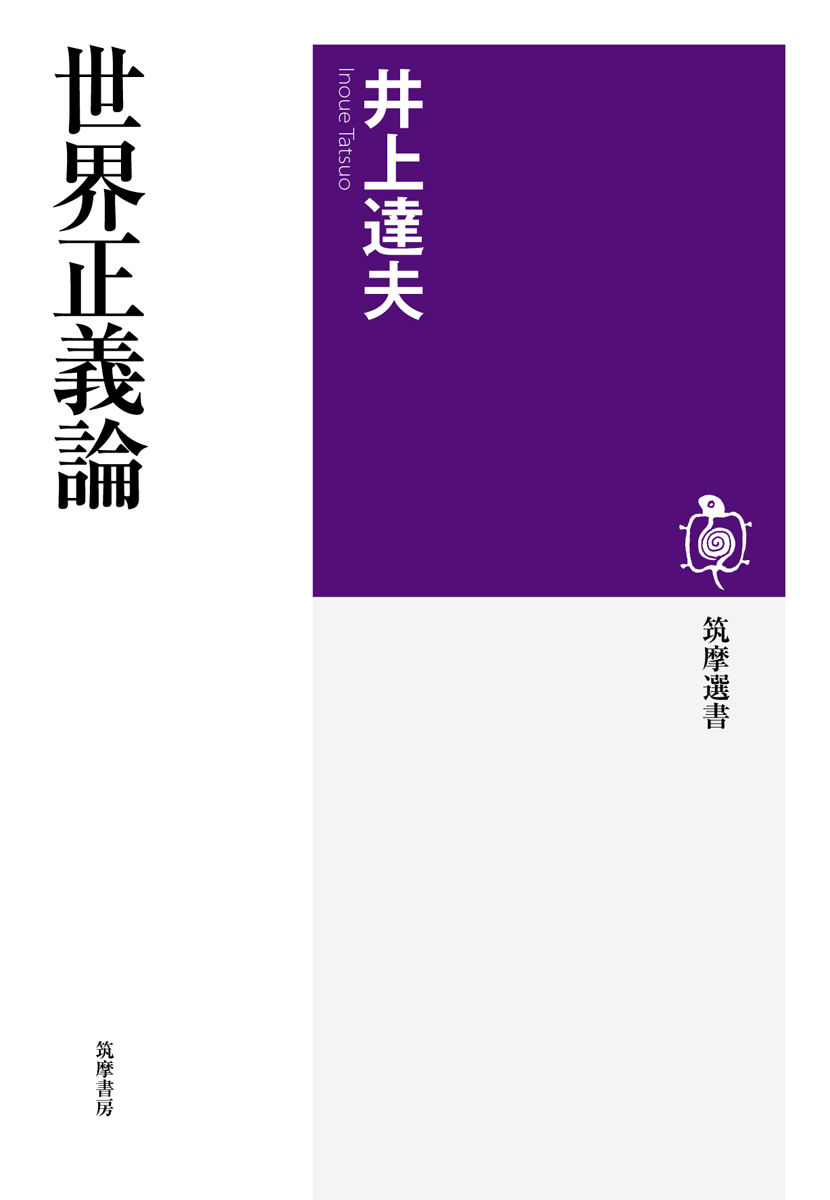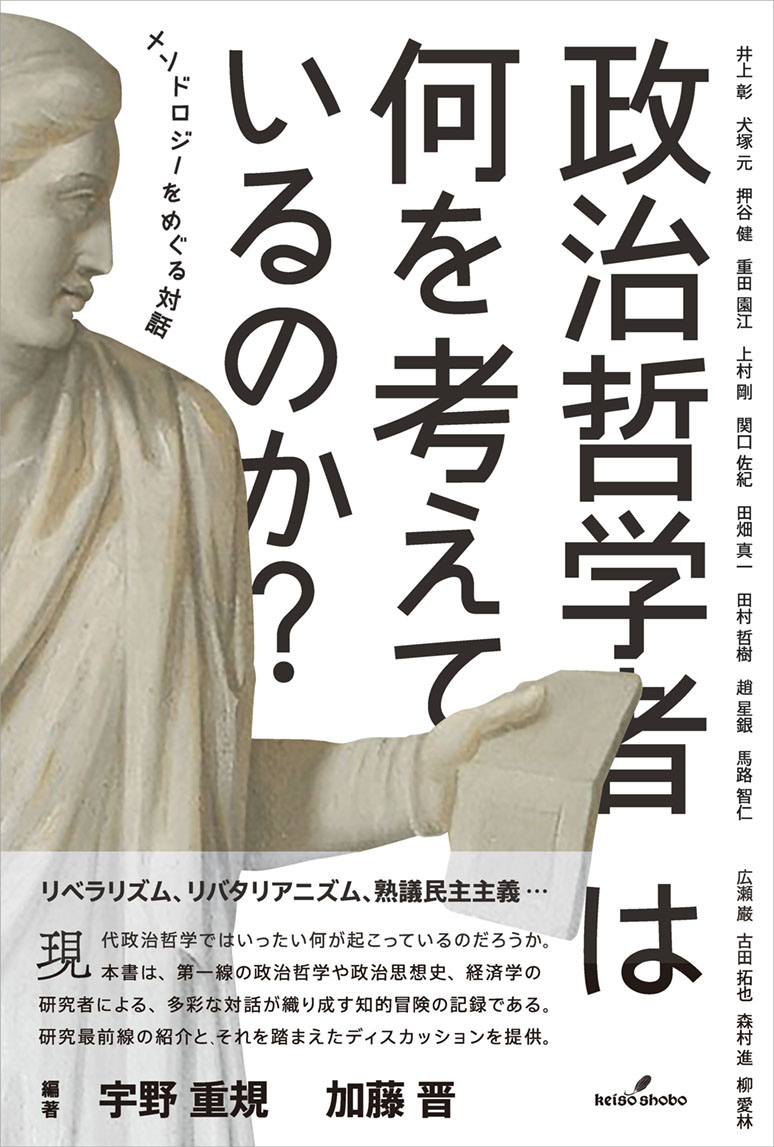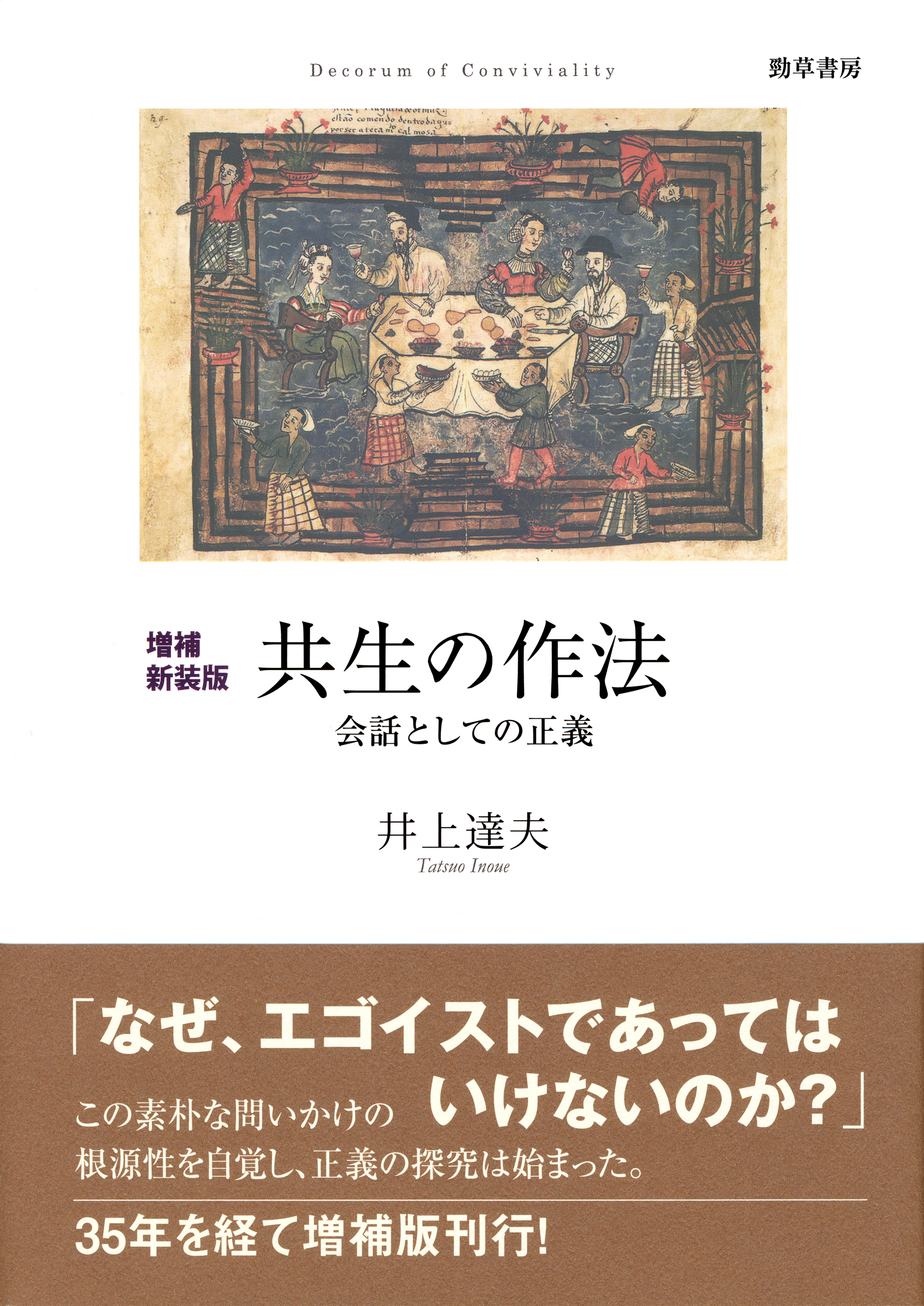
Title
[New Enlarged Version] Kyousei no Sahō (The Decorum of Conviviality: Justice as Conversation)
Size
320 pages, A5 format
Language
Japanese
Released
April, 2021
ISBN
978-4-326-40390-5
Published by
Keiso Shobo
Book Info
See Book Availability at Library
Japanese Page
This book is a newly formatted, extended version of my first single-author book titled The Decorum of Conviviality: Justice as Conversation published in 1986. As the publisher of the previous version (Sōbunsha) no longer exists, it was decided that Keiso Shobo Publishing would reprint the book as a newly formatted, extended version. This book marks the starting point of my theory of justice. How can people with drastically opposing interests and values respect each other and live together? What principles of social and political decorum enable people to transcend conflict and achieve conviviality? These are the two fundamental questions addressed by this book. The book provides the following answers to these fundamental questions.
First, it is evident that value-relativism, wherein all value judgements are valid only for the individual or group making the judgement, cannot serve as an answer. This is not only because value-relativism rejects the very intersubjective validity that serves as a principle for decorum of conviviality but, also, because the philosophical thesis constituting its ground (the non-demonstrability thesis) is “self-refuting”—i.e., the thesis proves to be false or untrue if it is applied to itself, because the non-demonstrability thesis cannot be demonstrated in such a way that it requires other propositions to be demonstrated if they are to be true.
Second, neither conflicting conceptions of the good life based on religion and personal ideals of life nor competing conceptions of justice based on utilitarianism, libertarianism, egalitarian theories of justice and other specific criteria of justice adequately address these questions. This is not only because acute disagreements regarding indicators of the “good life” and specific criteria for justice persist but, also, because the continuance of such vigorous debate is healthy.
Third, there exists the concept of justice that serves as a principle for commonly constraining specific conceptions of justice. Although I referred to this concept of justice as “the formal idea of justice” in the original version of the book, as the term “formal” has been misconstrued to mean “without substance,” I came to use the term “the concept of justice” later. (The new version of the book keeps the main text unchanged and introduces the new terminology in the supplement added to the main text.) The normative substance of this concept is its prohibition of non-universalizable discrimination between oneself and others. Non-universalizable discrimination refers to discrimination that cannot be justified without resorting to differences in individual identity between oneself and others. What radically defends such discrimination is egoism in the philosophical sense. I seek guiding principles for the decorum of conviviality in the concept of justice. However, to defend this stance, it is necessary to first answer the question “why one must not be an egoist.” Following the tradition of Socratic dialogue compiled by Plato, the book explores this question in the form of a dialogue between Ego and Dike, the goddess of justice, that is presented in the section titled The Apology of Dike in Chapter 2 of the book.
Following this investigation of principles, the book reconsiders the significance and limitations of social contractarianism and undertakes a liberal reinterpretation of societas as theorized by Michael Oakeshott who used to be regarded as a conservative political philosopher. The word “conversation” that appears in the book’s subtitle (Justice as Conversation) refers to the dialectic spirit embodied in The Apology of Dike as well as the reinterpreted ideal of societas. The extended part of the book investigates the significance of the theory of justice set forth in this book in our attempt to ovecome the self-destructive crisis of democracy as evidenced by the rise of Trumpism.
(Written by INOUE Tatsuo, Professor Emeritus, Graduate Schools for Law and Politics / 2022)
Related Info
The 8th (1986) Suntory Prize for Social Sciences and Humanities (Suntory Foundation 1986
https://www.suntory.co.jp/sfnd/prize_ssah/detail/1986sr1.html



 Find a book
Find a book


